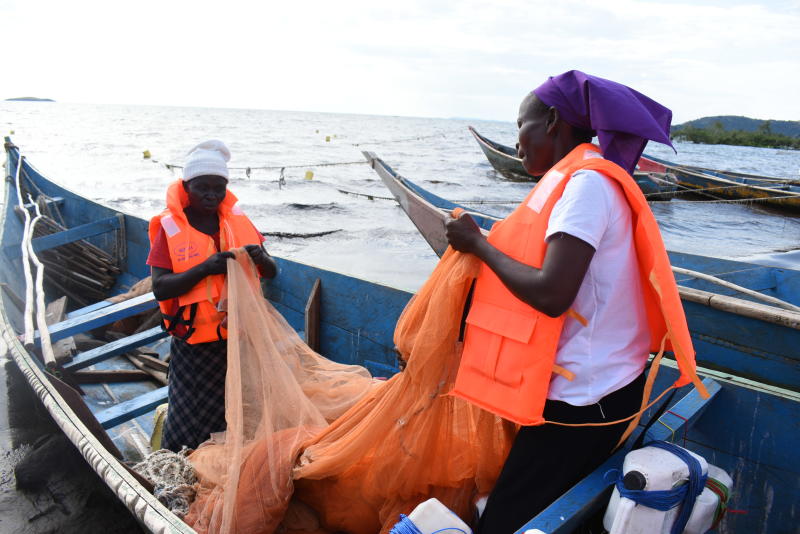×
The Standard e-Paper
Kenya’s Boldest Voice

From the wooded vessels operated manually, to speed boats using powerful engines, a group of women in Siaya County has made a breakthrough in the business initially dominated by men.
They have ventured into the business by owning several boats, even as they continue to practise the culture that bars women on their menses from accessing the vessels.